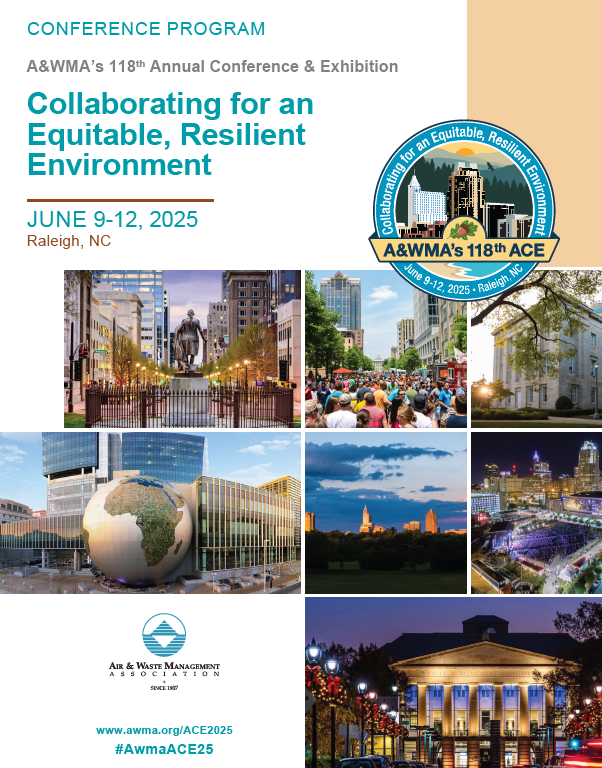ACE 2025
CLIM
AQMO
EEQT
AEESP/A&WMA Joint Lecture: Engaging Communities in Scientific Discovery and Innovation to Address Environmental Grand Challenges
Tuesday, June 10, 2025
1:30pm – 2:30pm ET
Location: 306B

Andrea R. Ferro, PhD, PE (she/her/hers)
Professor
Clarkson University, NY
Author(s)
Community engagement is critical for the successful development and implementation of engineering solutions to many environmental problems. Community partners bring knowledge and expertise that allow for the co-creation of research questions, experimental methods, engineering design considerations, and beneficial research products. However, community-engaged research (CER) also has the potential to cause harm to community partners due to unequal power dynamics and reward systems, undervaluing of community contributions, and underestimating the time required by various stakeholders to build trusting relationships and to conduct the work. This lecture will highlight recent advances in developing evidence-based strategies and associated tools for conducting and assessing CER and will provide specific examples for applying the tools. Building upon a rich history of best practices from CER conducted across disciplines, these strategies can aid CER teams to effectively and respectively work together to address environmental grand challenges and, in turn, improve outcomes for engineering solutions developed with and for communities.

